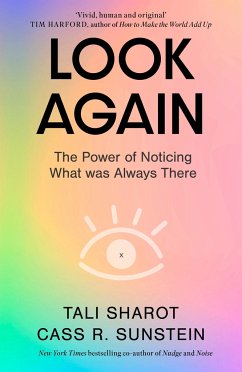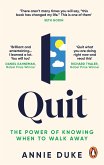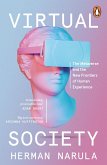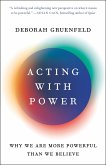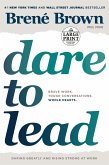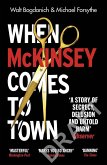Two big name thinkers tackle a great question: why are we so often oblivious to things around us, from pollution and lying to bias and corruption? The useful human ability to adapt to all circumstances can lead to blindspots. Here's how to break the habit.
Hinweis: Dieser Artikel kann nur an eine deutsche Lieferadresse ausgeliefert werden.
Hinweis: Dieser Artikel kann nur an eine deutsche Lieferadresse ausgeliefert werden.

